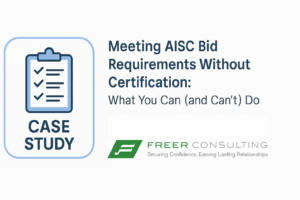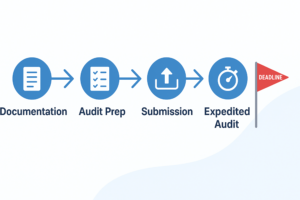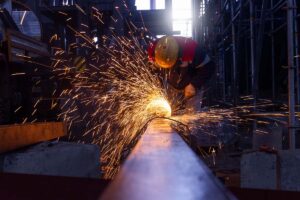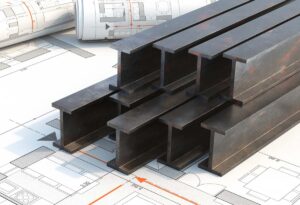In December of 2020, The Seattle Times reported that in a paper published in Science magazine, researchers have identified an antioxidant chemical used in tire rubber that can cause the deaths of coho salmon, particularly in the Puget Sound region:
More specifically, a single chemical, 6PPD-quinone, derived from a preservative that helps tires last longer, is particularly harmful.
Through painstaking analysis and building upon years of prior research, the team (including researchers from the Center for Urban Waters in Tacoma, the University of Washington and Washington State University) isolated the killer from a witch’s brew of some 2,000 chemicals in roadway runoff. The chemical is a globally common tire rubber antioxidant, but when it does its job effectively – interacting with ozone in the atmosphere – the chemical transforms into a substance that is highly toxic to coho.
Bound up in the rubber, this chemical taints tire-wear particles shed by tires onto roads. The tire dust is contained in roadway runoff that seeps, trickles and pours into water bodies, including urban streams, every time it rains. The more traffic on the road, the higher the dose.
As urban and suburban populations grow in the area, there is demand for more development. More development means more impermeable surfaces, like concrete and asphalt used in the construction of roads along with a greater number of cars and trucks driving on the roads. When tire dust is deposited on these surfaces, stormwater picks up this dust and carries it into wetlands, streams, and stormwater sewer systems that discharge into other bodies of water. Coho salmon populating water that is contaminated with tire dust can die very quickly.
Currently, there is no substitute for the tire preservative. This makes proper stormwater BMPs even more important for reducing polluted stormwater runoff, including:
- Vacuum sweeping impermeable surfaces regularly
- Avoiding hosing down impermeable surfaces into stormwater catch basins
- Avoiding discharging wash water from vehicles and equipment into stormwater catch basins
- Installing filters into stormwater catch basins that can remove dust, sediment, and other pollutants
Freer Consulting can help you do your part to implement stormwater BMPs and help the coho. Contact us at 206-285-9044 or [email protected].ISO Standards Consulting – Freer Consulting https://www.freerconsulting.com/environmental-compliance-consultants







